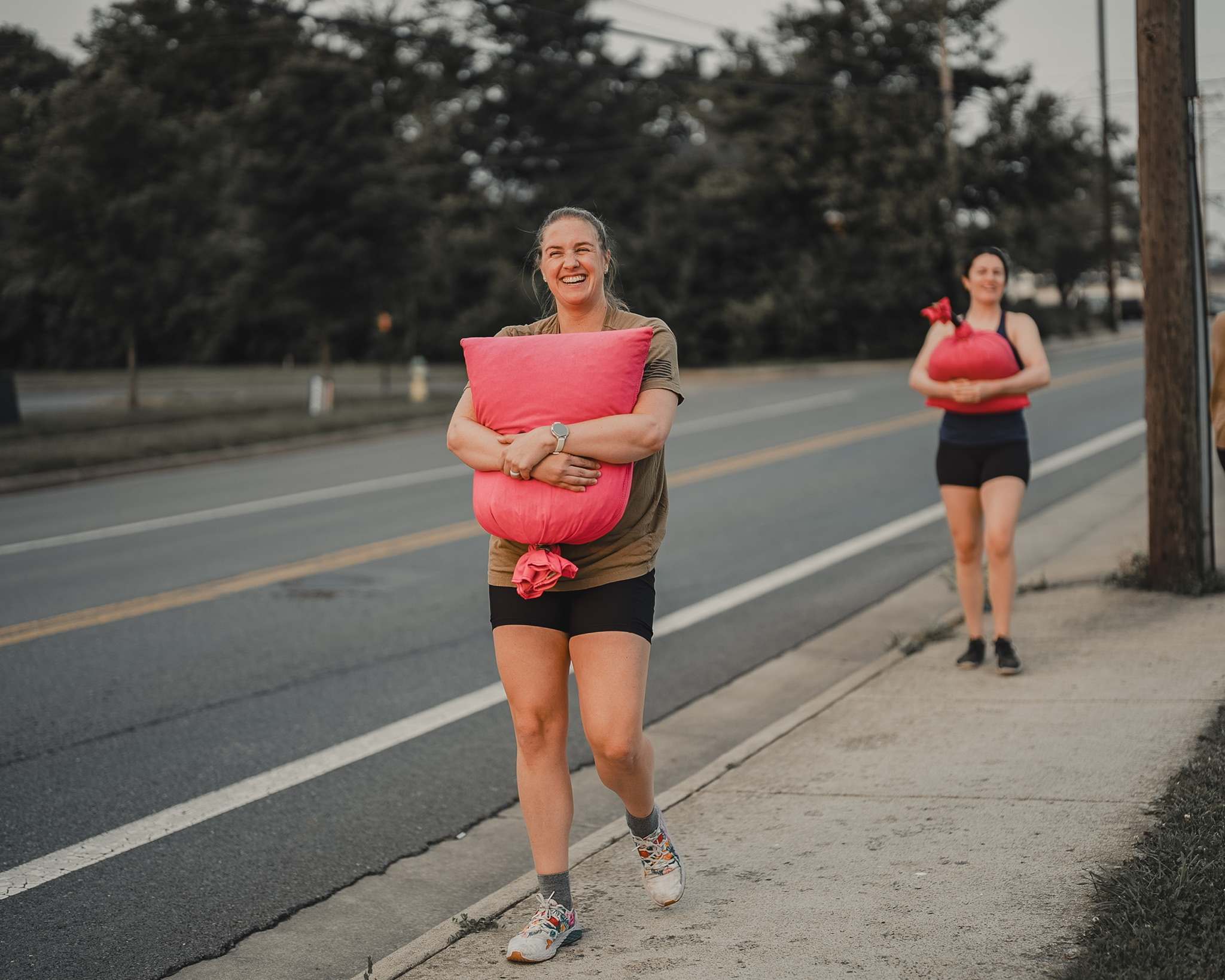Embracing Every Role: A Key to Lasting Resilience

By Henry Jones- O2X On-Site Specialist
During my junior year of college, while playing on the men’s rugby team, I tore my ACL. What followed were some quite low times. I had built much of my identity around rugby - practice, games, lifting to get stronger for rugby, team socials, and time spent with teammates. When I lost my ability to play, I lost my “rugby player” identity and, with it, the sense of purpose and routine that had defined my daily life. At that point, I didn’t yet have the broader perspective to ask “What’s next?” or to hold much optimism about recovery.
Merriam-Webster defines identity as “the distinguishing character or personality of an individual.” For me, that distinguishing character was centered almost entirely on being a rugby player. The same dictionary defines resilient as “tending to recover from or adjust easily to misfortune or change.” As my experience showed, when your sense of self rests too heavily on one characteristic, it becomes much harder to recover or adapt when that element is taken away.
While I still had my friends and social support from the team, which was crucial, I hadn’t considered any role for myself beyond being a player. That rigid self-definition made it difficult to adapt or contribute in new ways. Outside of rugby, the only other identity I could point to was “student.” The result was a void, a sense of not knowing where to turn next.
Looking back, my identity at that time was narrow and fragile. My self-esteem hinged almost entirely on performance in one domain. When identity depends on a single performance-based role, it creates enormous pressure: What happens if you lose, struggle, or get injured? With no other sources of self-worth to draw on, both performance and well-being are at risk. To counter this, we need a more balanced and flexible identity - one with multiple layers that can absorb life’s inevitable disruptions.
As I healed, I began to explore new roles and interests. I took up powerlifting, joined a boxing club, and started helping coach with new players at practice. Over time, I added even more layers: hobbies like disc golf and cycling, getting a dog, going back to school, and eventually becoming a Licensed Professional Counselor. I built a more resilient sense of self - success or struggle in one area no longer defined my entire life. Adaptability and flexibility replaced fragility and rigidity. When I eventually returned to rugby, I played with a healthier balance and a stronger foundation.
Take a Moment to Reflect on your Own Identity
What different roles or aspects make up who you are? If one part, say, being an athlete, parent, or professional takes up too large a share of your identity, try listing sub-layers within it. For instance, a soccer player might see themselves as:
- Soccer player
- Midfielder
- Mentor
- Effective communicator
- Team social organizer
Next, think about how to diversify beyond that single domain:
- Friend
- Partner
- Creator
- Community volunteer
- Student
- Fitness enthusiast
Diversifying identity layers creates resilience. When performance in one area falters, there are other sources of meaning and confidence to draw from which leads to reduced pressure and protected well-being.
A great example of a high performer with a well-rounded sense of identity is Terry Crews. Entering college, he earned both a football scholarship and an art scholarship - an early sign of his diverse talents. Over time, he has been a professional football player, a visual artist, a musician, an actor, and an author. With so many sources of fulfillment and expression, Crews has built himself into a truly resilient individual. As you reflect on your own path, consider how you might develop resilience by cultivating multiple sources of identity - how you, too, can be a little more like Terry Crews.
About O2X On-Site Specialist Henry Jones:
Henry is a Licensed Professional Counselor with a strong background in both clinical and performance psychology. He earned his Master’s of Education in Counseling Psychology with a concentration in Sport and Performance Psychology from Boston University.
Henry began his career at Dominion Hospital, working in an adult partial hospitalization program where he supported individuals navigating complex mental health challenges. He then served as a Master Resilience Trainer – Performance Expert with Magellan Federal, contracting with the U.S. Army to build resilience, enhance mental skills, and optimize performance for soldiers operating in high-stress environments. Most recently, Henry worked in private practice at Bloom Health Centers, providing individualized care that integrated clinical and performance psychology approaches to help clients reach their personal and professional goals.









